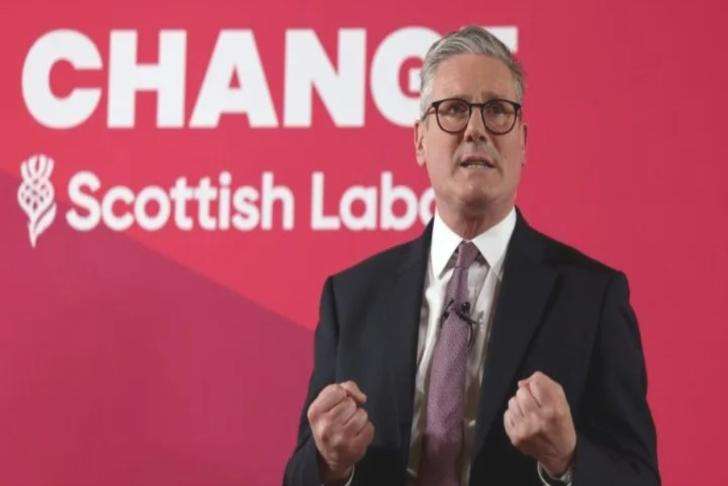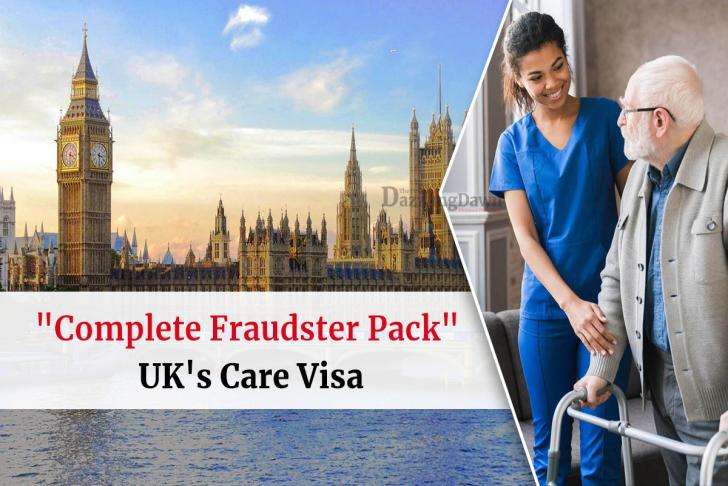As part of a perceived attempt to win over Conservative voters, Labour leader Sir Keir Starmer revealed his party's intentions to reduce net migration to the UK if it were to win power.
It follows the release of official statistics the day following the general election call by Prime Minister Rishi Sunak, which indicated that net migration decreased to 685,000 in 2023 from a record high of 764,000 in 2022.
Sir Keir pledged that under his party, “Britain will be less reliant on migration by training more UK workers”.
But the Conservatives have accused the Labour leader of “supporting high immigration levels and helping foreign criminals stay in Britain because he believes all immigration law is racist”.
Here are the Conservative and Labour plans for legal and illegal migration:
Conservative plans for legal migration
Last year, Home Secretary James Cleverly announced a visa crackdown that banned social care workers from bringing dependents to the UK.
Other changes included increasing the salary for skilled worker visas as of 4 April this year from £26,200 to £38,700.
The salary threshold for family visas was also increased, but this is being done in stages, the most recent increase being from £18,600 to £29,000, with the view of eventually hitting £38,700 in 2025.
In addition, the party has said it plans to replace the shortage occupation list with a new “immigration salary list” to prevent UK employers from paying foreign workers less to fill shortage occupations.
Mr Cleverly said at the time the changes were announced that they would “protect British workers and their wages” and ensure that migrants arriving in the UK “do not burden taxpayers”.
Conservative plans for illegal migration
The Conservatives have previously pledged to “stop the boats” crossing the English Channel, as well as ending the use of hotels to house migrants and cutting net migration.
The Government has said that the aim of its policies are to cut costs for the taxpayer posed by housing and processing those arriving via small boat crossings.
One of the biggest parts of their plan is the Rwanda deportation policy which would see those arriving in the UK illegally sent to the East African country for processing and resettlement.
Ministers have repeatedly stated that this would deter those considering making the dangerous Channel crossing to reach the UK.
However, the policy has been mired in legal issues since it was first announced in 2022, and most recently was ruled unlawful by the Supreme Court in November 2023.
The Government later passed the Safety of Rwanda Bill and a new treaty with Rwanda to try and prevent future legal challenges, with flights originally due to take off sometime in early July.
Prime Minister Rishi Sunak has since confirmed that no flights would take off for Rwanda before the election.
Labour plans for legal migration
The party has also set out plans to reduce net migration and protect British workers in key industries such as construction and IT.
Sir Keir said he wanted to ban “the practices employed by businesses who exploit the migration system by illegally undercutting working conditions”.
The party stated that it would require key industries such as health and construction which are often reliant on foreign workers to draw up workforce plans to find ways of employing people from the UK.
One aspect of this is improving the apprenticeship levy to encourage companies to upskill British employees in key industries.
Other plans include banning “rogue employers” who underpay migrants from employing foreign workers and reforming the skills shortage list.
Labour plans for illegal migration
Labour has said it would scrap the Rwanda policy if it wins power at the next election, and would focus its efforts towards tackling criminal gangs and clearing the asylum seeker backlog.
Sir Keir Starmer announced in May that Labour would establish a new Border Security Command to tackle people smugglers, staffed by “hundreds of new specialist investigators, officers and prosecutors” and reporting directly to the Home Secretary.
The party has also pledged that criminal smuggling gangs transporting people across the Channel will be “smashed” using counter-terror style tactics which include deploying more police in a Cross-Border Police Unit and working with Europol to crack down on human traffickers.
To clear the asylum backlog, it would set up fast-track “Nightingale courts” to speed up the deportation of failed asylum seekers and create a new Home Office returns unit with 1,000 staff to fast-track removals.
The use of hotels to house asylum seekers would also reportedly be ended, although the party has not clarified where those awaiting deportation would be detained.
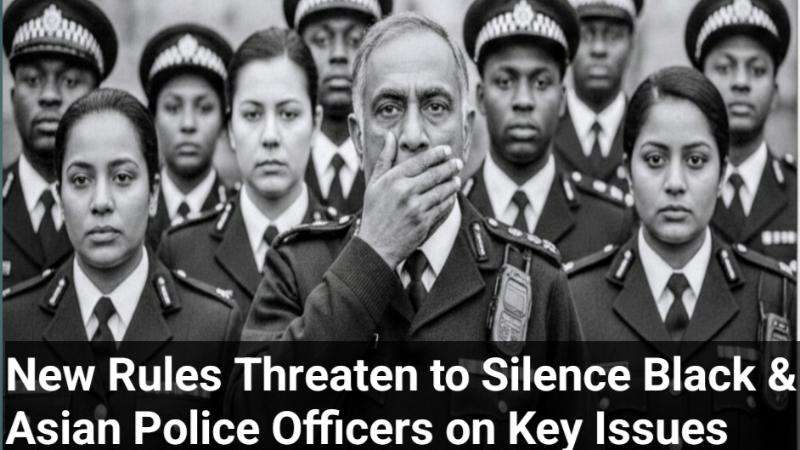
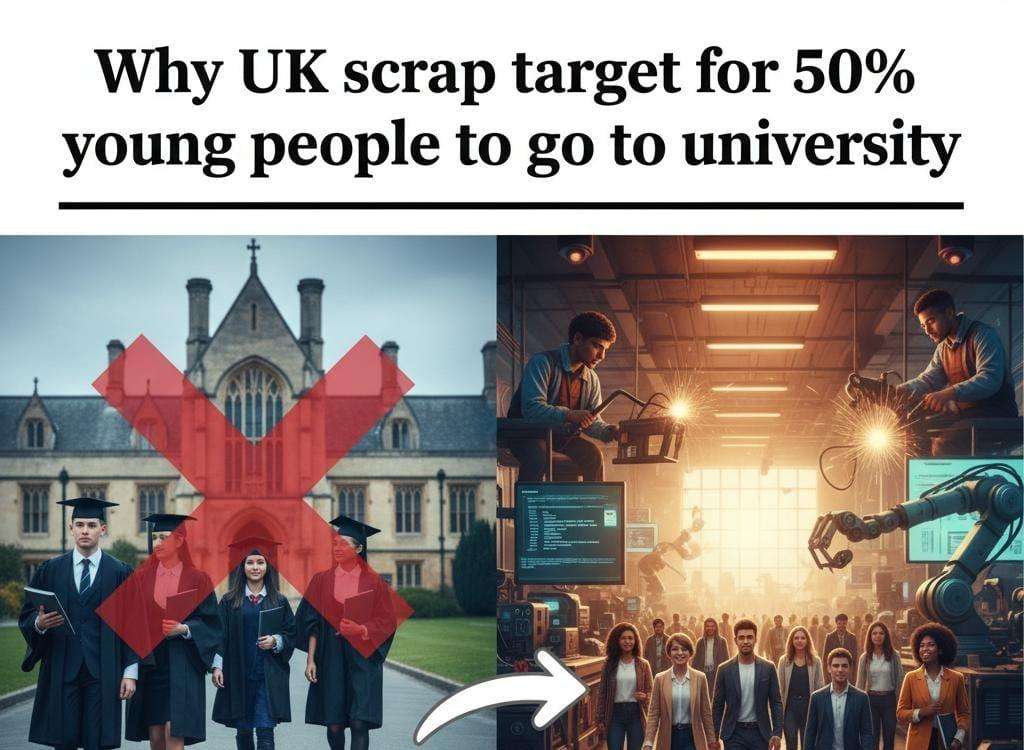
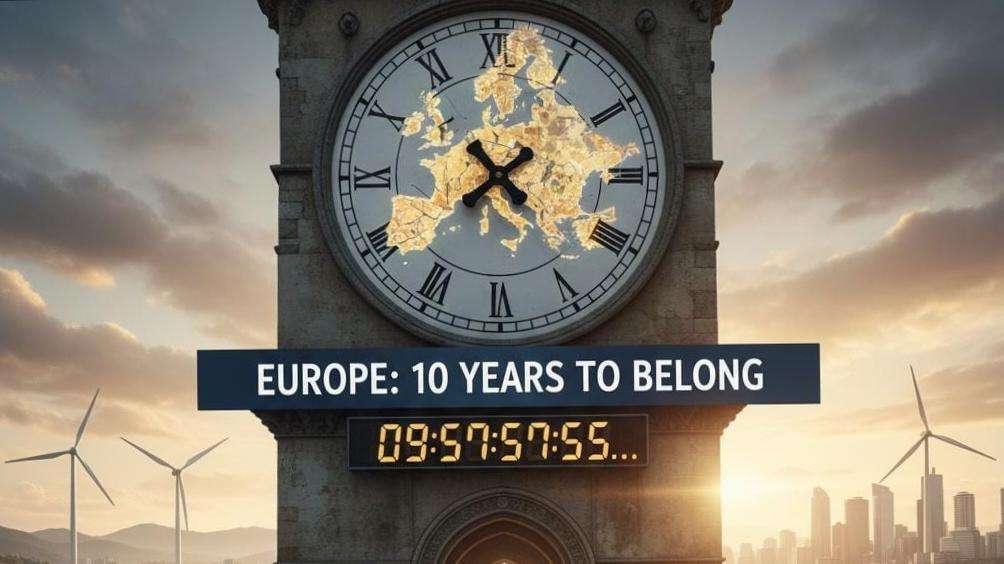
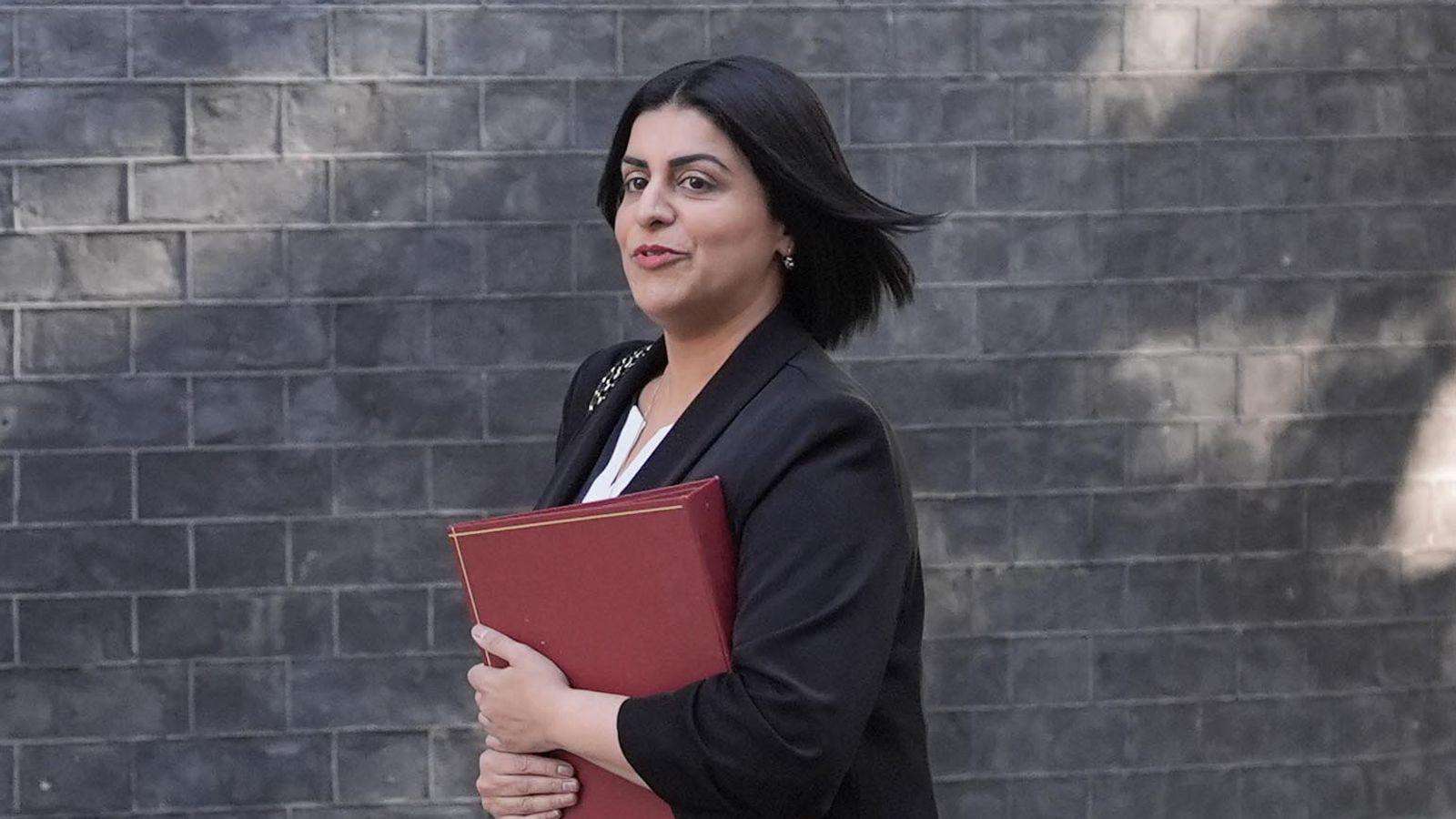



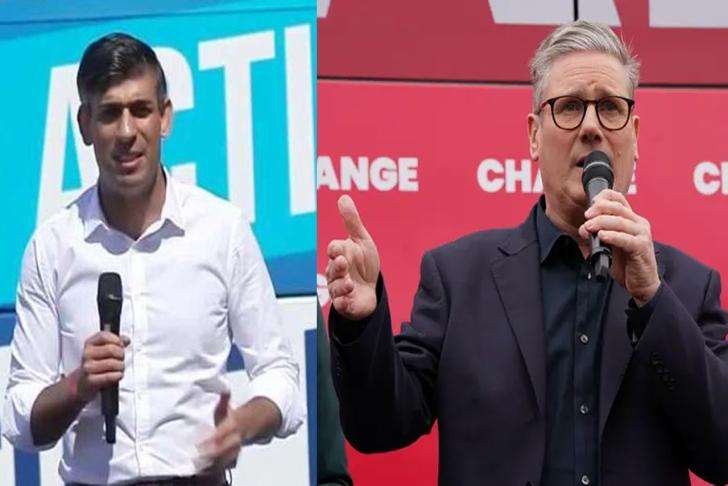
.svg)

